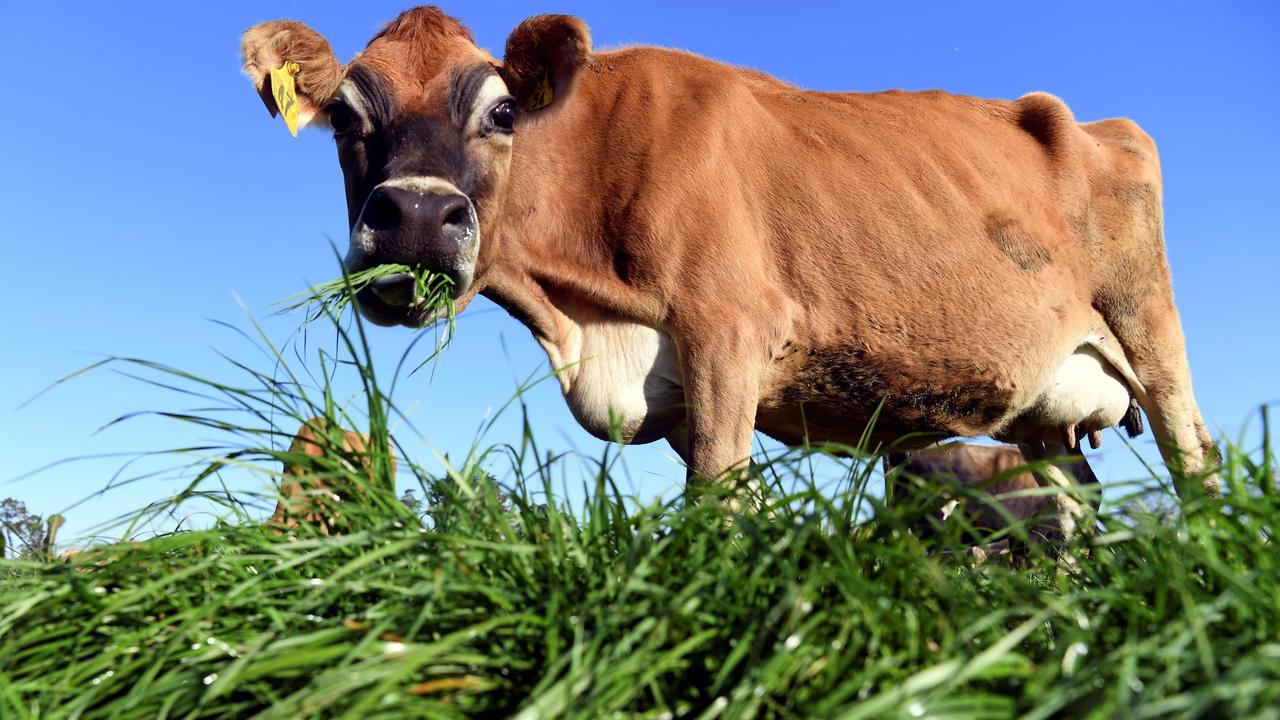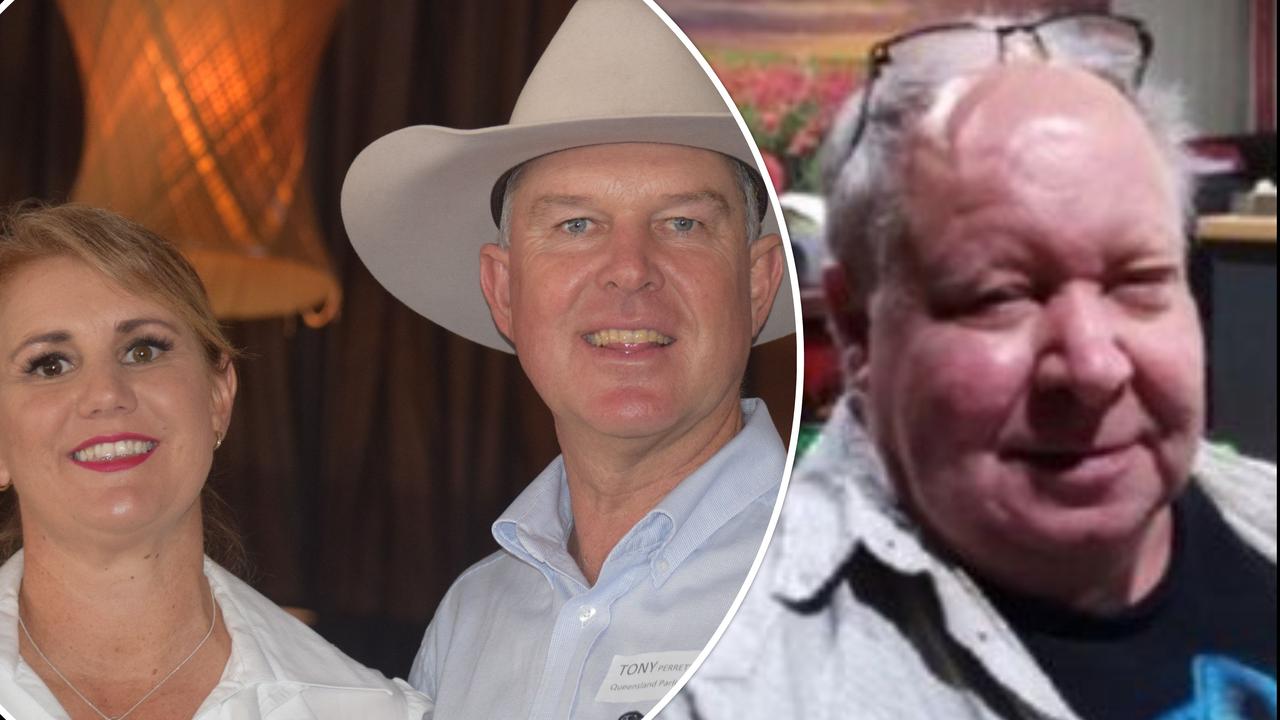New foreign ownership laws expose sales of farmland
FARMERS looking to quietly sell their property will suffer most under tough new foreign investment rules on the sale of agricultural land, agents and buyers argue.
FARMERS looking to quietly sell their property will suffer most under tough new foreign investment rules on the sale of agricultural land, agents and buyers argue.
New measures requiring farmland over $15 million to be advertised widely for at least 30 days before a foreign investor can buy it means off-market sales for such properties will become a thing of the past.
The Federal Government’s changes — announced last week, taking the agriculture and real estate sectors by surprise — are effective immediately, potentially putting hundreds of millions of deals already before the Foreign Investment Review Board in jeopardy if they do not comply with the new guideline.
It comes as the Red Meat Advisory Council today vows to continue its push for a review of foreign investment screening thresholds, arguing they are too low and could hinder the flow of much needed capital.
The 30-day rule gives Australians first option on agricultural land, with the onus on foreign investors to prove a property was part of a public sales process.
“These requirements build on the Government’s commitment to boost the transparency and integrity of the foreign investment regime and provide prospective investors with greater certainty about the rules,” Treasurer Scott Morrison said.
CBRE Agribusiness manager Danny Thomas criticised the Government for not first consulting with industry and instead “pulling the pin from the grenade and throwing it”, adding some of his clients with deals in motion had already been contacted by FIRB and asked to provide evidence of a sale’s marketing.
Mr Thomas said he doubted the policy would turn off many buyers; rather, it would hurt vendors from family-owned farms who often wanted to sell discreetly.
“There are legitimate reasons why someone would want to take something off-market, and why shouldn’t they be able to do that if they want?” he said.
“Technically, it’s great for (real estate) agencies so I should be saying I’m supportive of the changes, but the reality is it’s going to have a significant impact on vendors.”
Off-market sales would only be able to occur if the property was sold to an Australian, Mr Thomas said, which may “cruel a vendor’s opportunity to find the best price”.
David Goodfellow, chief executive of AustOn Corporation, the Australian subsidiary of a Canadian teachers’ pension fund, and former chief executive of Chinese farming operation Rifa Salutary, said the Government had shown “disrespect to those families that want to maintain a bit of confidentiality”.
“The whole idea of the Government interfering with people’s right to sell their property is always going to create some concern,” he said.
Mr Goodfellow agreed the rule’s impact would be on family farmers thinking of exiting the industry whose properties tipped over the $15 million FIRB screening threshold.
“They’re often very sensitive to community speculation and just want to deal with it privately, instead of making a public circus of it,” he said.
Mr Morrison said the changes followed concerns about the ability of Australians to participate in previous sales, including the sale of Australia’s largest cattle station operator Kidman & Co in 2016.
Mr Morrison twice rejected Chinese-led bids for the iconic cattle holdings before accepting a $386.5 million bid from Australian Outback Beef, a consortium of Gina Rinehart’s Hancock Prospecting and Chinese company Shanghai-CRED.
The Nationals have pushed for the Federal Government’s increased scrutiny of foreign ownership and investment in agricultural land.
In 2015, the Government reduced the screening threshold for agricultural land from $252 million to $15 million, and agribusiness to $55 million, and introduced a register of foreign-owned agricultural land, which showed foreign ownership had fallen in 2016-17 from 14.1 to 13.6 per cent.
RMAC independent chairman Don Mackay said while foreign investment restrictions were politically popular, “I don’t think there’s any evidence overseas investment has been a bad thing”.
RMAC will today call for a review of the screening thresholds, as part of its policy priorities for this year.
“At $15 million for the feedlot industry, for example, that’s not a very big feedlot, so we’re going down to a very low level when you consider it,” Mr Mackay said.
He conceded the thresholds had not appeared to stop foreign investment, but “what we don’t know is whether it stopped them looking in the first place”.
Agriculture Minister David Littleproud welcomed the new rules as more scrutiny and transparency of investment in “arguably our nation’s most valuable natural assets”. Labor agriculture spokesman Joel Fitzgibbon slammed the change as political opportunism that would “only send foreign investors elsewhere when we so desperately need it”.
“There is no logic behind this change — any farmer selling his or her land will of course seek the highest bidder, and in finding it will look domestically or overseas,” Mr Fitzgibbon said.
National Farmers’ Federation’s chief executive Tony Mahar said the organisation welcomed scrutiny of foreign investment and ownership, but cautioned against barriers that could be seen as a disincentive.


